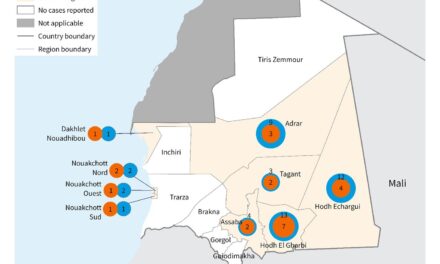February 10, 2024
A breakthrough study by a team of US researchers has shed light on the elusive process of lung cancer transformation, revealing how a type of lung tumor can evolve into a more aggressive form. Published in the prestigious journal Science, the findings from Weill Cornell University provide critical insights into the mechanisms driving cancer evolution and offer promising avenues for more effective treatments.
Lung adenocarcinomas, a common type of lung tumor, sometimes undergo a troubling transformation into small cell lung cancer (SCLC), a highly aggressive form of the disease with limited treatment options. Lead author Dr. Eric Gardner, a postdoctoral fellow at Weill Cornell Medicine, spearheaded the research effort to elucidate this phenomenon, known as histological transformation.
“Our aim was to uncover the mechanism underlying the transformation of lung adenocarcinoma to small cell lung cancer in a mouse model,” explained Dr. Gardner, highlighting the challenges of studying this process in human patients.
The researchers developed a mouse model that closely mirrors the histological transformation observed in patients, shedding light on the molecular mechanisms driving this transition. Their findings revealed that mutated cells undergo a change in cell identity during the transition from lung adenocarcinoma to SCLC, adopting an intermediate, stem cell-like state that facilitates the transformation process.
Dr. Harold Varmus, a Professor at Weill Cornell University, underscored the significance of the study’s findings, emphasizing the role of cancer cell evolution in response to treatment pressure. “This study shows how new technologies, including the detection of molecular features of single cancer cells combined with computer-based analysis, can portray dramatic, complex events in the evolution of lethal cancers,” he stated.
Notably, SCLC commonly arises in heavy smokers but also occurs in patients with lung adenocarcinomas, particularly following treatment with therapies targeting the Epidermal Growth Factor Receptor (EGFR), a protein implicated in tumor growth.
The study’s insights into cancer evolution offer promising targets for therapeutic intervention, potentially revolutionizing treatment strategies for patients with advanced lung cancer. By unraveling the intricate molecular pathways underlying cancer transformation, researchers pave the way for more personalized and effective treatments, offering hope to patients battling this devastating disease.











